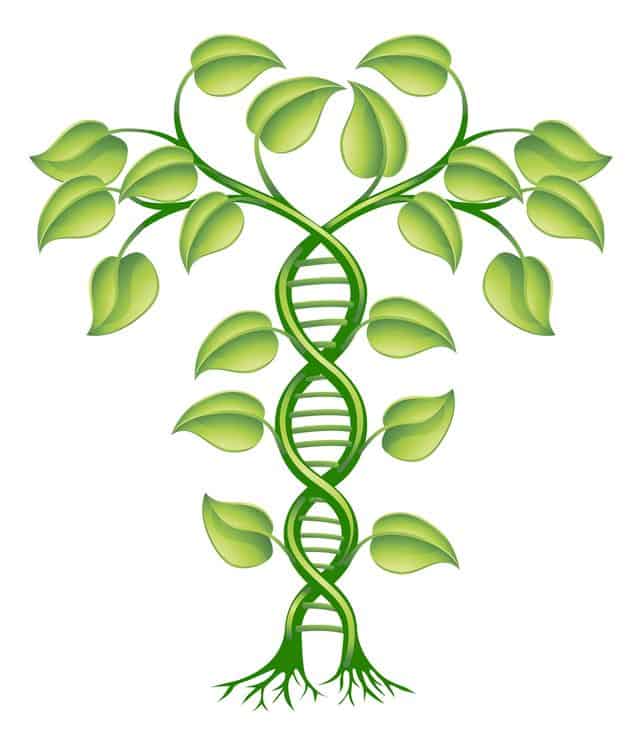
The concept of holistic medicine, focusing on the interconnectedness of mind, body, and spirit, might seem like a modern trend. However, a closer look at the Bible reveals principles and practices that resonate deeply with a holistic approach to health and well-being. While the Bible doesn't explicitly use the term "holistic medicine," it demonstrably values the integration of physical, emotional, and spiritual health.
Spiritual Connection as Foundation: The Bible emphasizes the crucial role of spiritual well-being in overall health. Throughout the Old and New Testaments, the importance of faith, prayer, and a relationship with God is highlighted. Psalm 103:3 proclaims that God "heals all your diseases," suggesting a divine intervention that transcends purely physical remedies. Sin and guilt are often portrayed as causes of physical and mental distress, and repentance and forgiveness as pathways to healing. This spiritual dimension is a cornerstone of holistic health.
Mind-Body Connection: Proverbs 17:22 states, "A cheerful heart is good medicine, but a crushed spirit dries up the bones." This verse beautifully illustrates the mind-body connection recognized in holistic medicine. The Bible acknowledges that emotional states like joy, peace, and gratitude can have a positive impact on physical health, while negative emotions like stress, anxiety, and anger can contribute to illness. Therefore, cultivating positive mental and emotional states is seen as essential for overall well-being.
Physical Well-being and Hygiene: The Bible also contains practical guidance on physical health and hygiene. The Old Testament lays out detailed laws regarding cleanliness, sanitation, and quarantine procedures to prevent the spread of disease (Leviticus 11-15). These laws, while rooted in a different era, demonstrate an understanding of the importance of hygiene in maintaining physical health. Dietary laws, such as restrictions on certain foods, were also intended to promote health and prevent illness.
Community and Social Support: The Bible consistently emphasizes the importance of community and social support in maintaining health. Individuals are encouraged to care for one another, offer comfort and support during times of illness, and pray for the sick. The early church practiced communal living and shared resources to ensure that everyone's needs were met. This emphasis on social connection highlights the vital role of relationships in fostering well-being, a key principle in holistic medicine.
Examples of Healing in the Bible: The Bible recounts numerous instances of healing, often through divine intervention or through the use of natural remedies. While some healings were miraculous, others involved practical steps like applying bandages (Isaiah 38:21) or using oil for medicinal purposes (James 5:14). These examples suggest a balanced approach to healing that encompasses both spiritual faith and practical care.
Conclusion: While not explicitly labeled as "holistic medicine," the Bible presents a comprehensive view of health that encompasses the spiritual, mental, emotional, social, and physical dimensions. By recognizing the interconnectedness of these aspects, we can gain a deeper understanding of how to promote holistic well-being in our own lives and in the lives of others. The Bible offers timeless wisdom on how to cultivate a balanced and healthy life, rooted in faith, positive relationships, and responsible self-care. Ultimately, holistic medicine in the Bible is about seeking wholeness and well-being in every aspect of our being, guided by God's grace and wisdom.
Comments